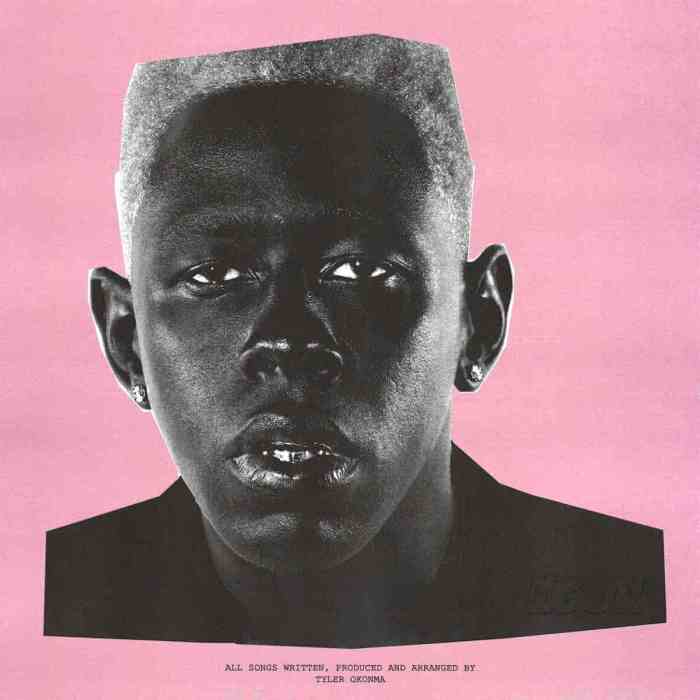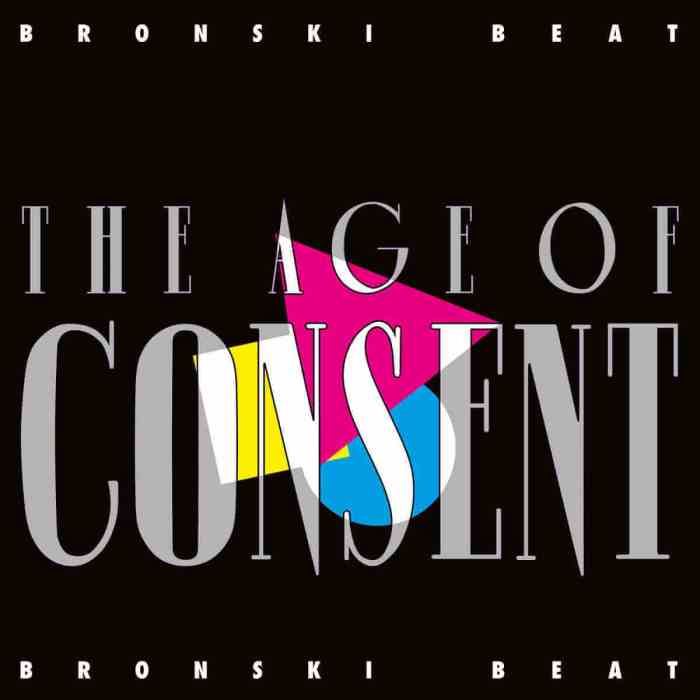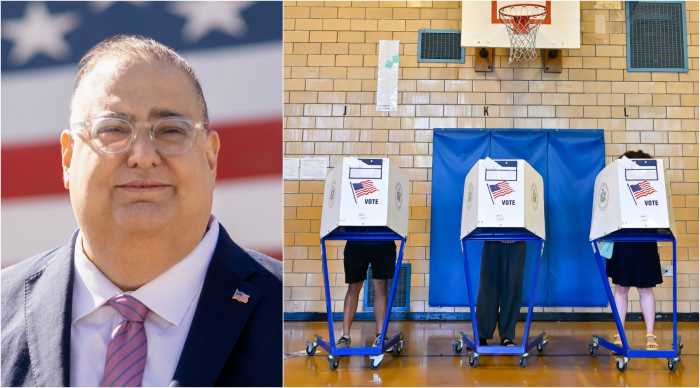At age 23, Troye Sivan’s second album “Bloom” positions the South African-born, Australian-raised, LA-based singer for world stardom. (He’s also an actor, who will be seen in the forthcoming film about so-called conversion therapy, “Boy Erased.”) Though “Bloom” is clearly mainstream pop, he hasn’t played it safe in singing about aspects of gay life, including sex. While he doesn’t always use male pronouns when singing about his lovers, his lyrics are frank. Compared to the way heterosexual men like Prince and The Notorious B.I.G. wrote about their sex lives and fantasies, “Bloom” is quite tame, but it treats a young gay man losing his virginity through anal sex and heading to Grindr for casual hook-ups nonchalantly, as the subjects of catchy pop songs rather than scandalous transgressions.
In an interview with the website Them, he talks about being a closeted teenager: “Before coming out, I remember distinctly feeling like there was a delay on my life. All my friends were doing just dumb stuff that kids do, like making out with people at parties and starting to date, and just, you know, getting their first girlfriend or boyfriend.”
The album’s first song, “Seventeen,” describes one of the consequences of not being able to date in the open: a teenager’s encounter with an older man. Its chorus emphasizes Sivan’s desires: “I went out looking for love when I was seventeen/ Maybe a little too young but it was real to me.” However, things get darker and far more ambivalent on the song’s verses, which acknowledge the experience’s predatory overtones, with Sivan singing, “Can’t tell a man to slow down/ He’ll just do whatever he wants.”
By kicking off “Bloom” with this song, I think Sivan is saying something about his audience and media reception. He appeals to a lot of gay teenagers and young men, but he’s also been called a twink ad nauseam, placed in the position of representing a category that’s pretty dubious to start. He looks younger than his age: he could still convincingly play a teenager in a film. His public persona expresses a campiness that’s fallen out of fashion but which a lot of gay men obviously find attractive and refreshing. Much of the press leading up to the release of “Bloom” has been unabashedly objectifying.
“Bloom” contains only 10 songs and runs 36 minutes. Sivan knows enough to keep listeners wanting more, releasing a fairly brief album rather than the bloated releases that many artists have dropped this year. Within that length, it’s relatively varied, alternating between ballads and club bangers. The former show off both his singing talent and emotional range. “The Good Side” features a beautiful, stripped-down arrangement that relies mostly on acoustic guitar but uses reverb, delay, and Autotune on Sivan’s overdubbed vocals to haunting effect. “Postcard” is also a gorgeous ballad, based around piano.
Many writers have dissected the thinly veiled metaphors about anal sex on the title track, and Sivan seems to now regret the fact that the song has given him a reputation as a devoted bottom. But beyond any specific act, it’s a very good description of a nervous young man’s introduction to sex, without the dark undertones of more underground artists like Perfume Genius and Xiu Xiu. The lyrics on this album recognize the physicality of his relationships throughout. “Postcard” describes the feel of lying next to his lover’s body.
The production on “Bloom” isn’t particularly leftfield, but it avoids the compressed, ultra-trebly sound of much contemporary pop. The more uptempo, dance-oriented songs consistently serve up catchy melodies. “Plum” rides an electronic hook. Sivan has always found his biggest success in the club scene in the US: the first single from “Bloom” “My My My!” peaked at #80 on the American pop chart but topped Billboard magazine’s Dance Club Songs chart, and last year he collaborated with EDM producer Martin Garrix on “There For You.” As far as mainstream pop releases in 2018, Ariana Grande’s “Sweetener” is Sivan’s only competition for the crown so far, so it’s no surprise that she pops up for a duet with him on “Dance To This.” He obviously made “Bloom” with two things in mind: he expects it to be extremely popular and he wants to represent gay men in a field where even out singers frequently stick to love songs directed at “you.”
Pop music is still far from a safe space for LGBTQ people — take Eminem’s dis of rapper Tyler, the Creator (who has spent the past year strongly hinting that he’s queer without fully coming out) as a “faggot” and “bitch” on his new album “Kamikaze,” released the same day as “Bloom” — but Sivan is bringing it closer to a place that incorporates open expressions of the realities of gay men’s lives. As critic Patrick Crowley has written, Sivan is taking inspiration from the “bad girl” phases of female singers like Britney Spears and Christina Aguilera. But if their sexed-up images pleased straight male record buyers, Sivan singing love songs explicitly directed at men might piss them off. Nevertheless, “Animal,” which ends “Bloom,” feels like a bid to play arenas.
TROYE SIVAN | “Bloom” | Capitol Records | troyesivan.com



































